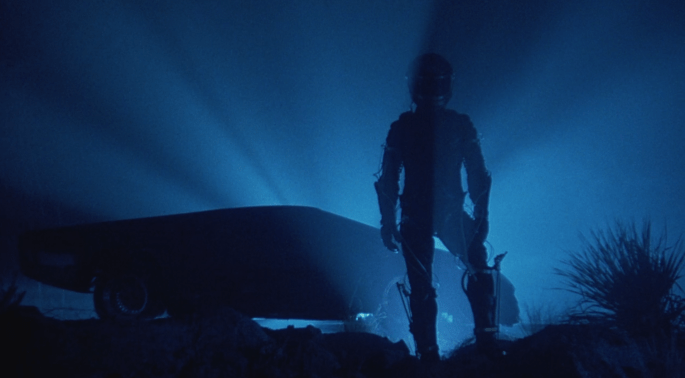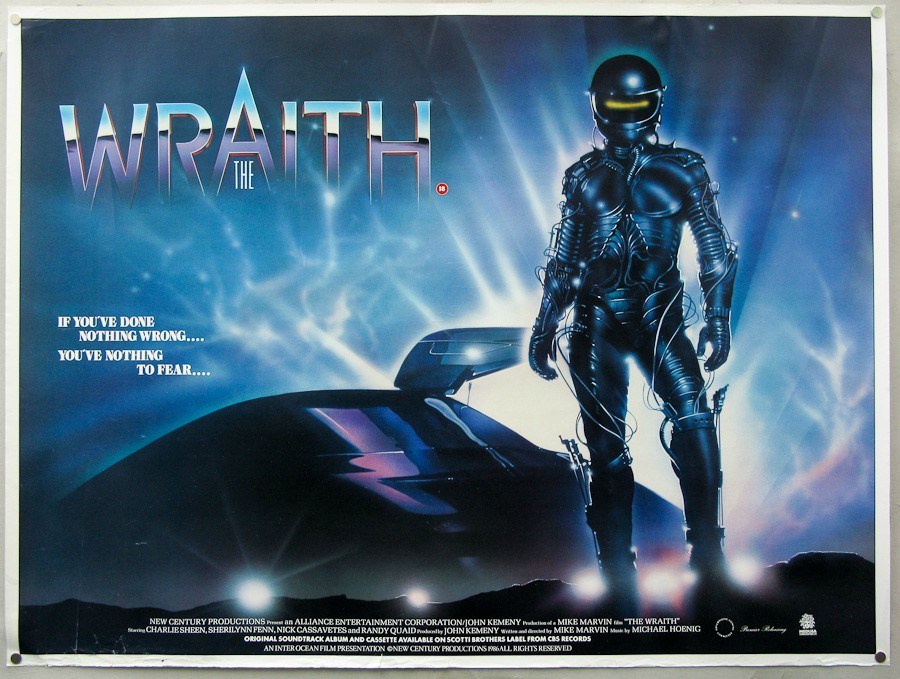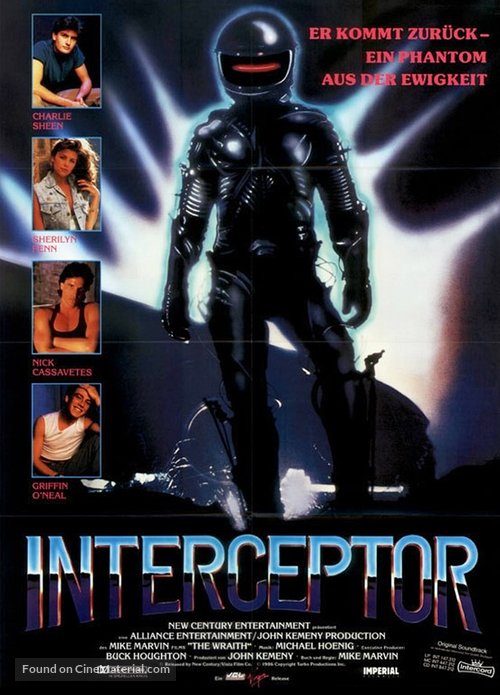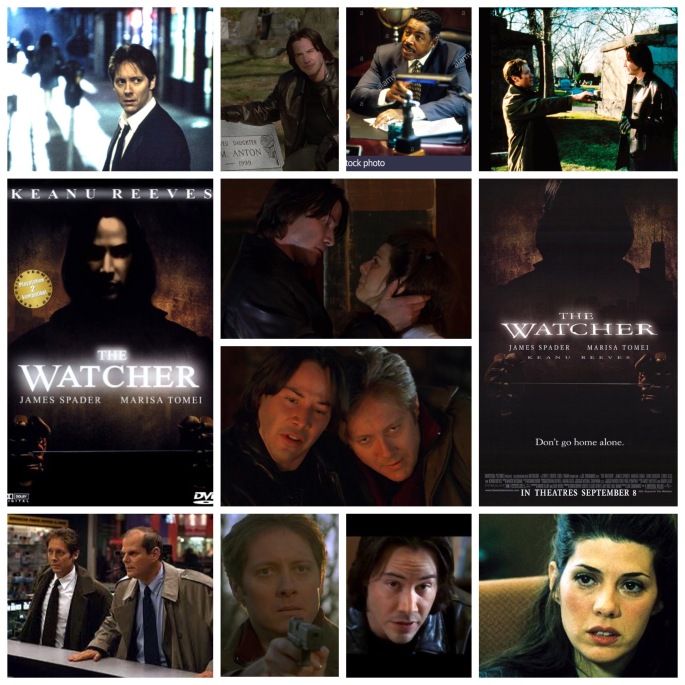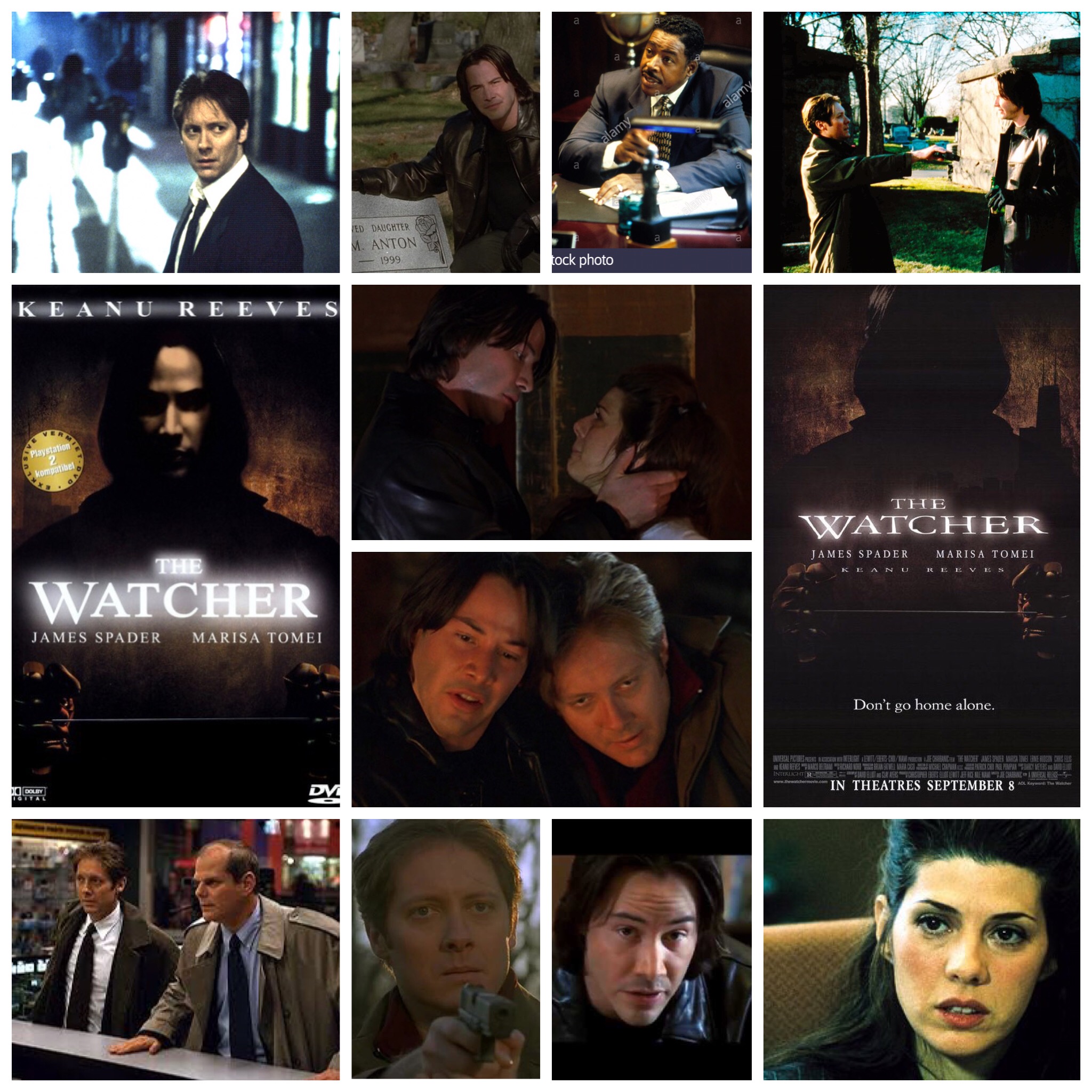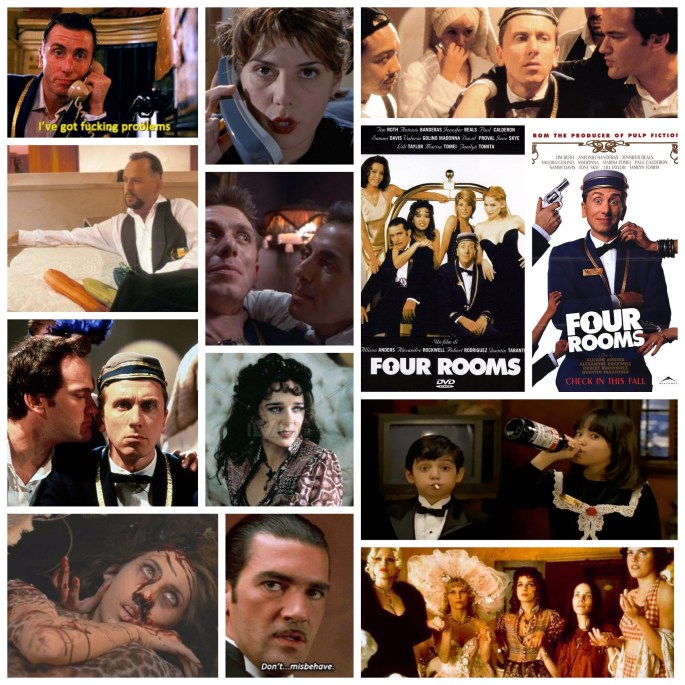
I’ve seen some ill advised plans in my day and even orchestrated a few of them myself but I’ve never seen quite an ethically fucked, totally stupid, domed to fail miserably scheme as the one dreamed up by two dysfunctional middle aged NYC blue collar brothers in Sydney Lumet’s Before The Devil Knows You’re Dead, a bleak, depressing, pitch dark, anxiety inducing morality play that although admittedly is an excellent film on all fronts, is *NOT* a pleasant viewing experience and I shan’t be revisiting any time soon. Ethan Hawke is the lower middle class, very aloof, perpetual screw-up brother whose marriage is a disaster, relationship with his daughter depressing and he needs cash for alimony quick. Philip Seymour Hoffman is the older, wiser (HA!) and more successful sibling with a sleek corporate career but has his own issues including backdoor corruption, a failing marriage of his own to Marisa Tomei (really? Those two?) and a crippling heroin habit. They’re both financially fucked, so big bro hatches a plan to rob a mall jewelry store on a low-key Saturday when the cash drop is in house. That’s already a bad enough idea, but get this: the store in question is owned by their own parents, who are elderly no less. Now, Hoffman has his own complicated reasons for justifying such a terrible act that stem back into their childhoods, as these kinds of inexplicably dour familial tragedies usually do, while Hawke sort of tags along in befuddled, brainless complicity. Naturally the heist itself goes just about as wrong as it can go and results in (this isn’t a spoiler it’s in the trailer) the gunshot wounding of their mother (Rosemary Harris) thanks to the incompetence of a hapless small time hoodlum (Brian F. O’Byrne) that Hawke hires to do his dirty work in an act of despicable cowardice. Their father (Albert Finney in a towering performance and the finest work of the film) is very clearly still in love with her and starts to unravel, and it becomes clear he always loved her over his own children, a gnawing thorn in the side of their overall dynamic that was just waiting for a traumatic event to rear its head in. The film skips around in time as we see the events leading up to the heist itself, each character’s desperate situation reaching a breaking point that leads to such an extreme decision, spearheaded by Hoffman’s impossibly bitter character, a fellow who is so uncomfortable in his own skin he even makes a seemingly lighthearted sex scene with Tomei come across as uncomfortable. The actors are all terrific with Finney being the standout as the furious, heartbroken and vengeful father who seems like he never wanted to be a father to begin with, just a husband. The supporting cast has some excellent cameos including Leonardo Cimino, Amy Ryan and Michael Shannon as a violent ex-con who muscles in on their lives. This is a great film with terrifically developed character dynamics, a crisp, well oiled storytelling vernacular and a refreshingly earthen portrait of lower middle class shenanigans that few films capture with authenticity, and naturally Lumet’s by now second nature knack for expressing the spirit of NYC, this time in deglamorized boroughs not usually focused on in cinema. It’s a great film, it’s just not a nice one and you’ll feel like shit after, there’s no other way to slice it.
-Nate Hill



